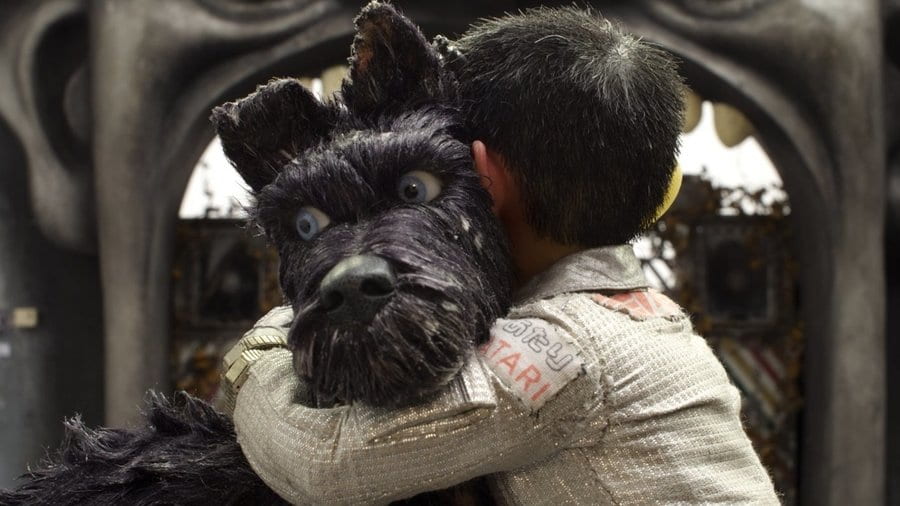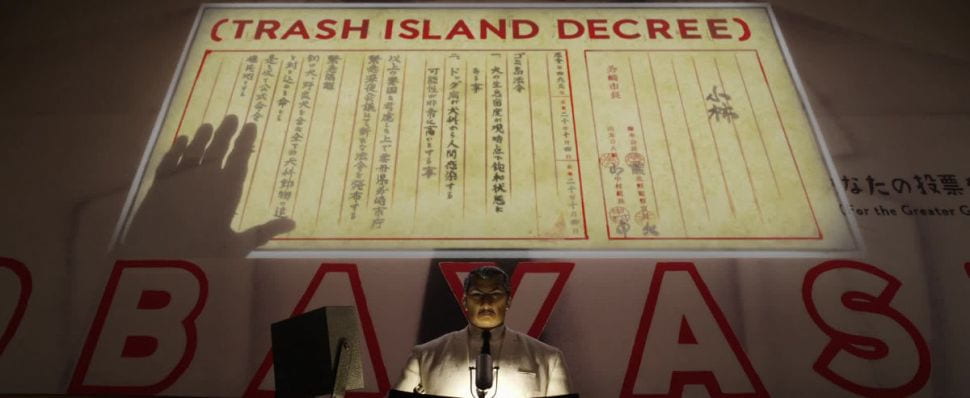Vince Gilligan, creator of the Emmy Award winning series Breaking Bad, brings us back into the Breaking Bad universe with El Camino. In this “epilogue” to the series, Aaron Paul returns to give a more definitive ending to his character, Jesse Pinkman. Some of the series regulars return as well, although only in flashback sequences. They include Jesse Plemons as Todd Alquist, Bryan Cranston as Walter White, and Krysten Ritter as Jane Margolis. As a continuation of the TV show, the story’s narrative relies on the audience’s preexisting knowledge of Breaking Bad. The film picks up right where the TV series ended; Jesse is driving away after Walter has liberated him from the gang that was holding him hostage. After Jesse heads to the house of his friends Skinny Pete and Badger, who give him a change of clothes, some cash, and a new car, he tries to find a way to make a new life for himself while also escaping the law.
It comes as no surprise that a movie based on a TV show feels like a TV show. Every piece of the film resembles the TV show that inspired it. The shots look the same, the score sounds the same and the dialogue flows the same as in the series. The film feels like it could have been a bunch of ideas that Gilligan had for two extra episodes in the final season, but didn’t make the cut because they also would have felt out of place with the trajectory that the show had built as it headed for the ending it had. Because of this, the return to the series in the film form worked as a much better way to tell the rest of Jesse’s story.

However, expanding upon a series that is already highly revered seems unnecessary, and in the case of this film, it is. Regardless, Gilligan manages to enhance Jesse with meaningful character development and somewhat of a happy ending. The return to a beloved series also runs the risk of failing high expectations from longtime fans. El Camino does a good job of executing TV references by making them relevant to the plot or to the development of Jesse’s character.
While the original series gave us an ending for Walter White, the future of Jesse Pinkman was left for the audience to interpret on their own. El Camino presents a well-written and more defined ending for Jesse that leaves you with more hope for his future than before. Anyone who thoroughly enjoyed the series should go check out this thrilling epilogue that gives a proper ending to the story of Jesse Pinkman.
3/5 STARS



